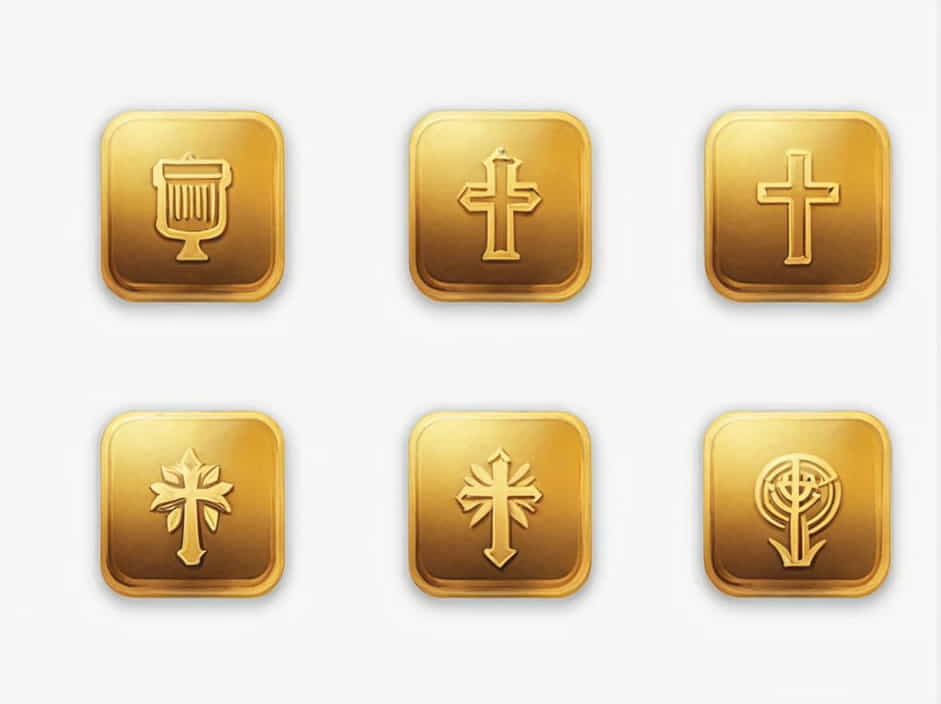The Bible has been translated into many versions, some of which include the Apocrypha-a collection of books that are not found in the Protestant canon but are included in certain Catholic and Orthodox Bibles. These books provide additional historical and religious insights that many believers find valuable.
In this topic, we will explore which Bible versions contain the Apocrypha, their significance, and why some traditions accept them while others do not.
1. What Is the Apocrypha?
The Apocrypha refers to a set of books written during the intertestamental period (the time between the Old and New Testaments). These books were included in the Septuagint (Greek Old Testament) but were later removed from Protestant Bibles during the Reformation.
Common Books in the Apocrypha:
- Tobit
- Judith
- Wisdom (Wisdom of Solomon)
- Sirach (Ecclesiasticus)
- Baruch
- 1 & 2 Maccabees
- Additions to Daniel (Prayer of Azariah, Susanna, Bel and the Dragon)
- Additions to Esther
- 1 & 2 Esdras (included in some versions)
- Prayer of Manasseh
These books contain historical narratives, wisdom literature, and prayers that are widely read in Catholic and Orthodox traditions.
2. Why Do Some Bibles Include the Apocrypha?
The inclusion of the Apocrypha depends on religious tradition:
- Catholic Bibles: Recognize these books as Deuterocanonical Scripture (meaning ‘second canon’), considering them divinely inspired.
- Orthodox Bibles: Include even more apocryphal books than the Catholic tradition.
- Protestant Bibles: Generally exclude the Apocrypha, but some editions include them as historical texts.
3. Bible Versions That Include the Apocrypha
1. The King James Version (KJV) with Apocrypha
- The original 1611 KJV included the Apocrypha, but later editions removed it.
- Some modern publishers still print the KJV with Apocrypha, making it one of the most well-known versions.
2. The Revised Standard Version (RSV) with Apocrypha
- The RSV was created as an update to the KJV and included the Apocrypha in some editions.
- This version is widely used by scholars and churches that acknowledge the historical significance of the Apocrypha.
3. The New Revised Standard Version (NRSV) with Apocrypha
- The NRSV is a popular modern translation that includes the Apocrypha in Catholic and Ecumenical editions.
- It is widely used in academic studies and liturgical readings.
4. The Douay-Rheims Bible
- A Catholic translation that always includes the Apocrypha as part of the Old Testament.
- Based on the Latin Vulgate, which was the official Bible of the Catholic Church for centuries.
5. The Jerusalem Bible (JB) and New Jerusalem Bible (NJB)
- These Catholic-approved translations include the Apocrypha as part of the Old Testament.
- Known for their literary quality and readability.
6. The New American Bible (NAB) and New American Bible Revised Edition (NABRE)
- Officially used in Catholic churches.
- Includes the Deuterocanonical books within the Old Testament, not in a separate section.
7. The Orthodox Study Bible
- Used by Eastern Orthodox Christians and includes additional books like 3 Maccabees, Psalm 151, and the Prayer of Manasseh.
- Based on the Septuagint, the Greek version of the Old Testament.
8. The Common English Bible (CEB) with Apocrypha
- A modern translation designed for readability and accessibility.
- Available in editions with the Apocrypha for those who want to study these books.
9. The English Standard Version (ESV) with Apocrypha
- While the standard ESV does not include the Apocrypha, a special ESV Catholic Edition includes these books.
- Popular among modern Catholic and ecumenical readers.
4. Why Were the Apocryphal Books Removed from Some Bibles?
During the Protestant Reformation (16th century), Martin Luther and other reformers questioned the authority of the Apocryphal books, arguing that they:
- Were not originally written in Hebrew (most were in Greek).
- Contained historical and theological differences from the Hebrew Scriptures.
- Were not accepted in the Jewish canon.
As a result, Protestant Bibles (such as the KJV after 1885, NIV, and ESV) typically exclude these books, while Catholic and Orthodox Bibles retain them.
5. The Importance of the Apocrypha in Christian Tradition
1. Historical Insights
Books like 1 and 2 Maccabees provide historical details about the Jewish revolt against Greek rule, events that are crucial for understanding the background of the New Testament.
2. Wisdom Literature
Books like Wisdom of Solomon and Sirach offer teachings on faith, morality, and righteous living, similar to Proverbs and Ecclesiastes.
3. Early Christian Use
Many early Church Fathers, including Augustine and Jerome, referenced the Apocrypha, showing its importance in Christian theology.
4. Influence on Christian Doctrine
Some theological concepts, such as praying for the dead (found in 2 Maccabees 12:46), are based on passages from the Apocrypha.
6. Should Christians Read the Apocrypha?
While not all Christian traditions consider these books canonical, they are still valuable for:
- Understanding biblical history
- Studying the development of Jewish and Christian thought
- Deepening one’s faith through wisdom literature
Even many Protestant scholars acknowledge their historical and literary value, even if they do not consider them inspired Scripture.
7. How to Get a Bible with the Apocrypha
If you want to study the Apocrypha, consider getting a Bible version that includes these books. Some options:
- NRSV with Apocrypha (widely used in academic circles)
- KJV with Apocrypha (classic English translation)
- The Orthodox Study Bible (for those interested in Orthodox Christianity)
- The Jerusalem Bible (for Catholic readers)
Many study Bibles also provide commentaries and historical context to help understand these books better.
8. The Role of the Apocrypha in Biblical Study
The Apocrypha remains an important part of Christian history, tradition, and biblical studies. While Protestants, Catholics, and Orthodox Christians may have different views on their authority, these books provide valuable historical insights and moral teachings.
If you are interested in deepening your understanding of biblical history and theology, reading the Bible with the Apocrypha can be a rich and rewarding experience.
